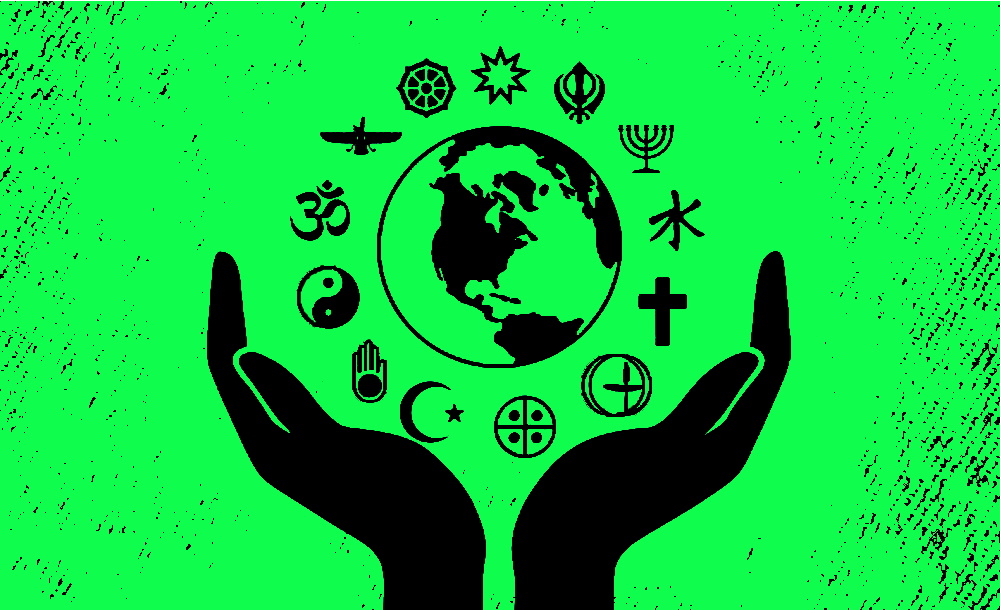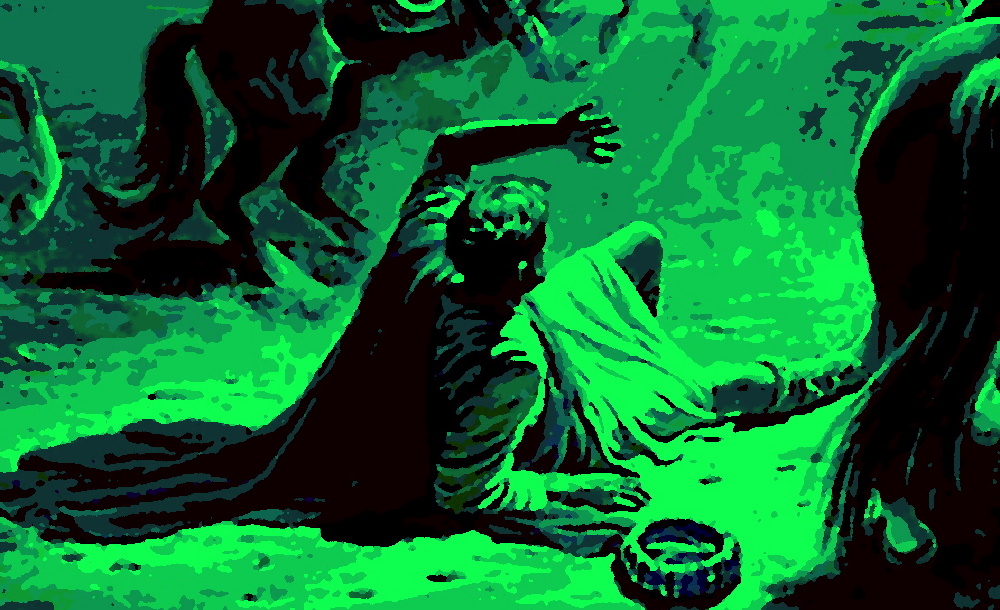Part II. The Problem with Religious Experience
Do people from all religions have real mystical experiences? Are Christians, Muslims, Buddhists, and so on, all experiencing the same Ultimate Reality and just talking past each other? In the first half of this series, we asked what, if anything, can religious experiences tell us about the world. The fact of religious diversity quickly made us worry! Will a more “universalist” strategy save the day? Or will the skeptic win after all? See how our debate ends! (2/2)
Part I. The Problem With Religious Experience
For many people, religion is not just a collection of beliefs. There is a living and experiential side to their faith. Can these mystical experiences help justify religious belief, or do they conflict too much across different religions to tell us anything? In this post, we parachute into one of philosophy of religion’s most heated debates. Will you walk out an exclusivist, universalist, or just a skeptic about mystical experiences? Find out here! (1/2)
When and Why Eating Meat is Wrong
When it comes to eating meat, the dominant view is simple: It’s normal, it’s okay, 'nuff said. That was my view too. Yet, after failing to debunk veganism, I went from skeptical omnivore to "soyboy" vegan. In this introductory article to vegan ethics, I give two of the arguments which changed my mind about meat - two arguments which you probably already agree with whether you know it or not.
Probabilism II – Ramsey’s Sure-Loss Bets
Is it rational to take a bet you’re guaranteed to lose? Suppose you even knew that there was no way of winning. Most of us would call that a dumb move. And as it turns out, anyone who so much as violates one of Kolmogorov’s Axioms is doing exactly that: agreeing to a sure loss. This marks one of the most powerful arguments for Probabilism. At least, that’s what we will try and prove for ourselves. (Part 2/2)



